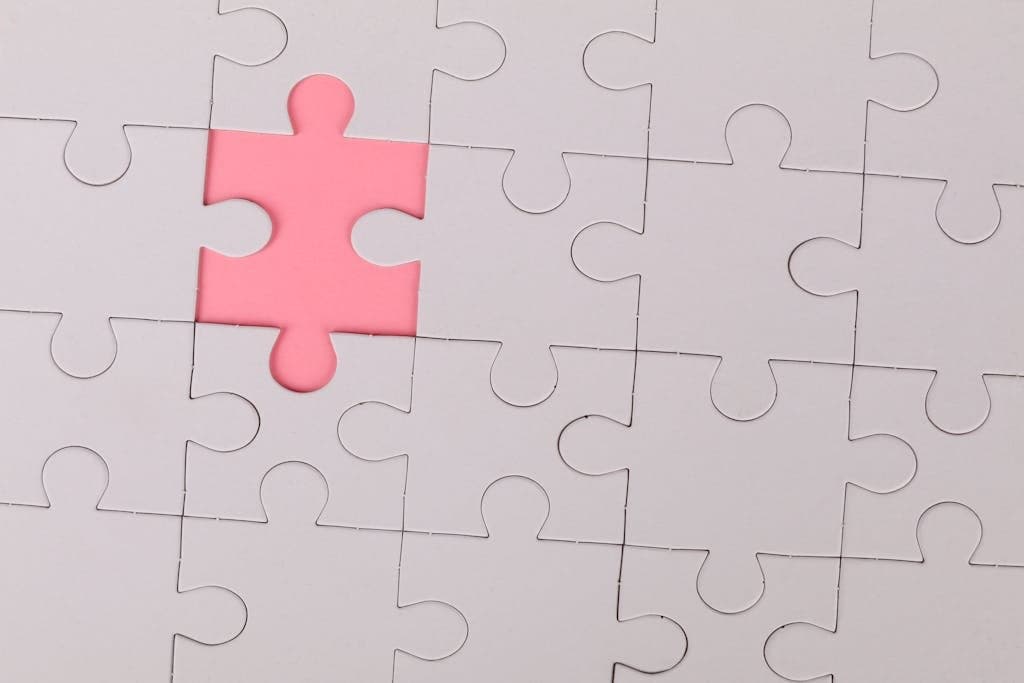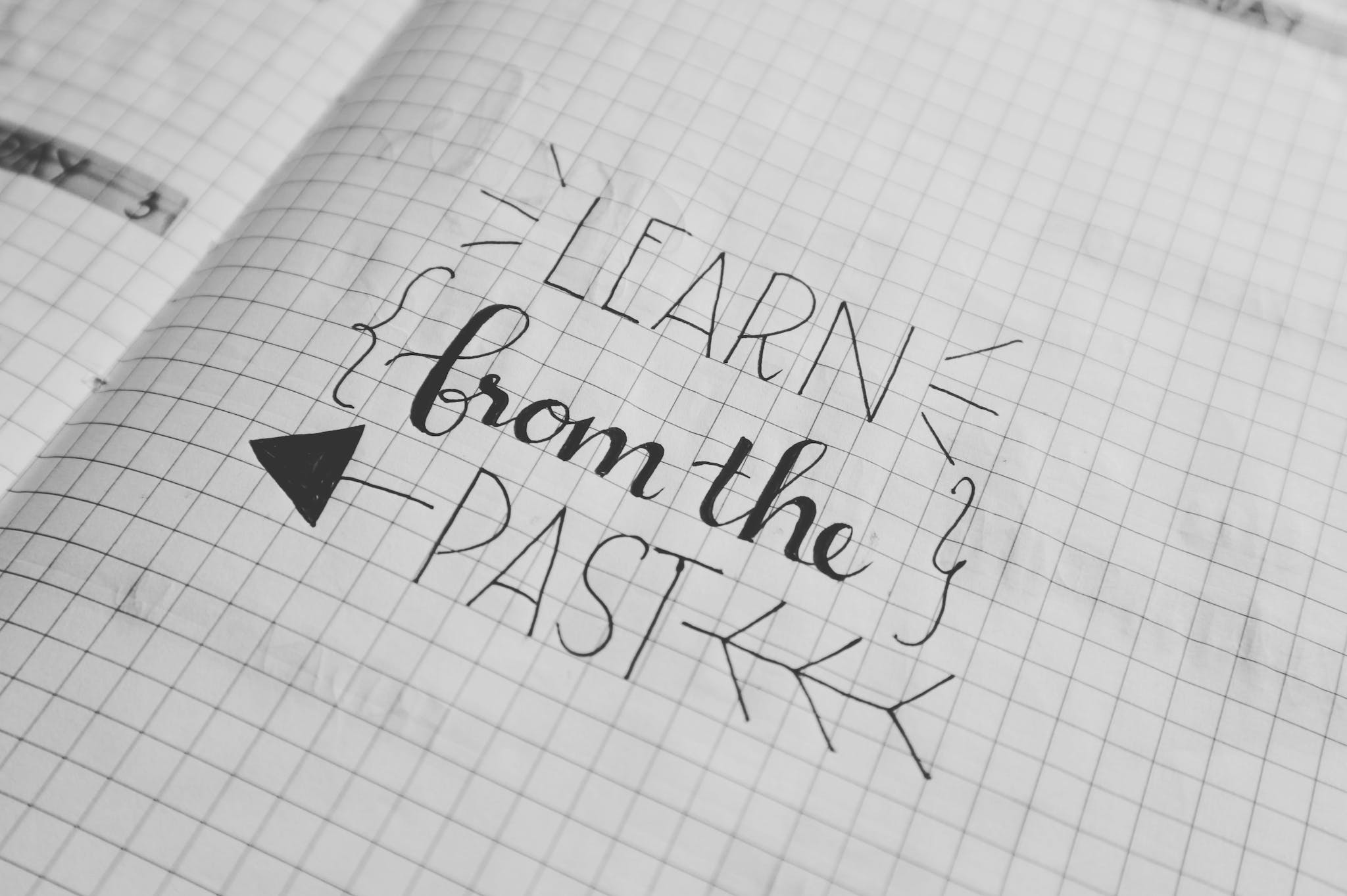It’s Time to Stop Finishing What You Start
In a world that glorifies completion and celebrates accomplishment, the notion of leaving things unfinished can seem counterintuitive, even taboo. From childhood, we’re taught the importance of finishing what we start, whether it’s tasks, projects, goals, or sports seasons. Yet, there’s a profound liberation in recognizing that not everything needs to reach its conclusion. It’s time to stop finishing what you start.

Why You Should Stop Finishing What You Start
The Pressure to Finish

From our earliest years, we’ve been conditioned to believe that completing tasks is synonymous with success. Whether it’s chores, homework assignments, or personal projects, we’re taught that our worth is tied to our ability to see things through to the end. This pressure intensifies as we enter adulthood, with societal expectations dictating that we must finish what we start, no matter the cost.
We often wear the completion of things (even things we hate) as a badge of honor. This is an unnecessary torture.
The Fallacy of Completion
The emphasis on completion overlooks a crucial aspect of the creative process: the journey itself. In our relentless pursuit of finishing, we often sacrifice quality for the sake of reaching the endpoint.
We rush through tasks, sacrificing attention to detail and missing out on opportunities for innovation and exploration. Think of all the memories and fulfilling moments we miss out on because we’re constantly trying to do it all and move from one accomplishment to the next.
Embracing the Unfinished
Contrary to popular belief, leaving things incomplete can be a source of strength rather than a sign of failure. By allowing things to go unfinished, we free up time to do the things we enjoy. We give ourselves permission to explore new ideas, experiment with different approaches, and indulge in our passions without the pressure of reaching a predetermined outcome.
Read this post (and book) to find comfort in whatever place you are in life:
8 Mindset-Changing Takeaways From “101 Essays That Will Change the Way You Think”
Cultivating Creativity
One of the most significant benefits of leaving things unfinished is the freedom to tap into our creativity fully. When we’re not bound by the constraints of completion, we’re free to explore uncharted territory, take risks, and push the boundaries of what’s possible. When we leave things open-ended, we create space for inspiration to strike and for innovative ideas to flourish. We allow ourselves to pivot as our goals change.
Fostering Productivity
Paradoxically, this can also lead to increased productivity. When we’re not fixated on completing every task or project, we’re better able to prioritize our efforts and focus on what truly matters. We become more discerning about where we invest our time and energy, avoiding the trap of busy work and directing our efforts towards activities that align with our goals and values.
Embracing Imperfection

Leaving things unfinished allows us to make peace with imperfection. In a culture that often equates perfection with success, learning to accept and even embrace imperfection can be incredibly liberating. It frees us from the paralyzing fear of failure and empowers us to take risks and pursue our passions wholeheartedly. It’s okay to stumble along the way.
Navigating Change
In an ever-evolving world, being flexible is more critical than ever. Change is constant, and clinging rigidly to the idea of completion can leave us ill-equipped to adapt to new circumstances. By cultivating a mindset that values flexibility and resilience, we’re better able to navigate the uncertainties of life and thrive in the face of adversity.
It’s easy to overlook the value of giving up. By leaving some things incomplete, we free up time to focus on the true priorities. We free ourselves from the chains of perfectionism and open ourselves up to new opportunities for creativity, productivity, and personal growth.
The next time you find yourself struggling to finish something, remember: that it’s okay to leave things unfinished. It might just be the key to unlocking your full potential.






